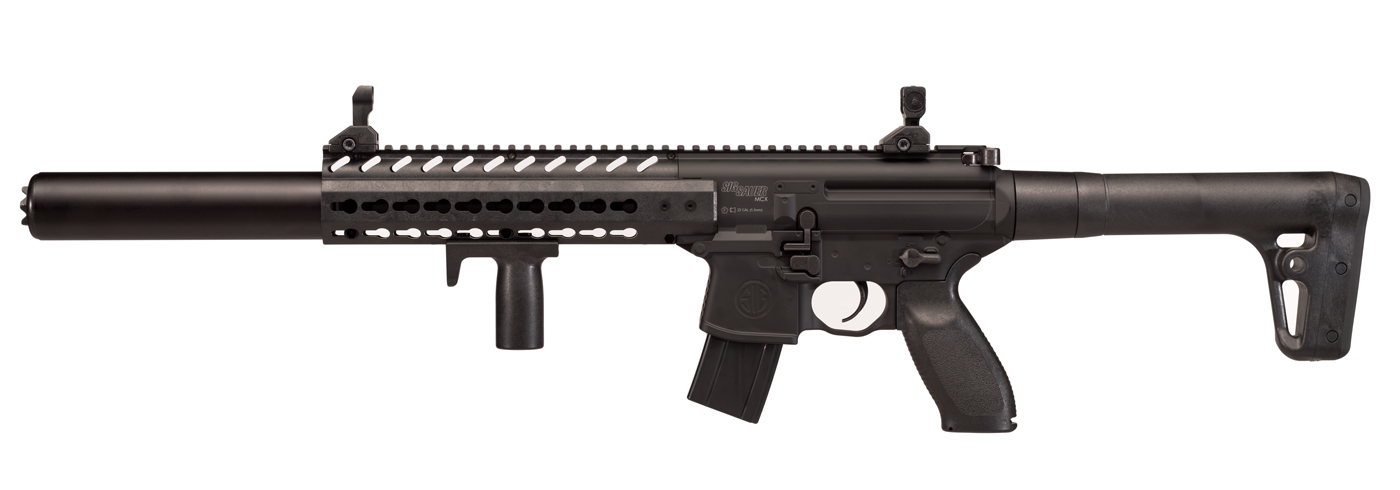Airguns are precision instruments that require proper care and maintenance to operate at peak efficiency, power, and accuracy. There are some easy things shooters can do to keep their airguns running at top performance. Some things can kill an airgun very quickly. This article will discuss things you should NEVER do with an airgun.
Spring or Gas Ram Airguns
Spring and gas ram pellet guns deliver some of the best performance per $$ that new airgunners can enjoy. Because they are generally inexpensive and easy to acquire, it’s also where most new airgunners gain their first experience shooting airguns. Here’s one “never do” with spring and gas ram airguns.
Never add an accelerant into the compression chamber. You’ll see videos on YouTube of folks promising “firearm” like velocity and power from a pellet gun if you only squirt a little WD40 down the transfer port. Their claim is not completely wrong. The rapid compression and explosion will give you some awesome power and velocity. They don’t tell you that you’ll also probably blow out the piston seal, break your spring, or blow out your gas ram. Break barrel spring and gas ram pellet guns are “airguns,” not firearms. By creating an explosion inside the compression chamber, you risk injury and destroying your airgun. And this kind of damage is probably NOT covered under the factory warranty.
Pump Pneumatic Airguns
We have a couple of things to share here. Most pump pneumatic airguns operate on a min-max principle. So, they take a minimum number of pumps to operate correctly, along with a maximum number of pumps for optimal power and safe operation. Most people seldom have an issue with the minimum pumps, but many believe that if a max of 10 pumps is good, 15 pumps must be better. This is really not the case. Overpressurizing your pump pneumatic airgun will almost certainly shorten the useful life of your gun. Also, and we’ve seen this proven out repeatedly, there’s often no advantage to pumping past the max. If you have a chronograph, you can easily prove this out.
The other less critical “don’t do” with your pump pneumatic airgun is to store it unpressurized. When you are done shooting for the day, put at least one or two pumps back into it, as it will help the o-rings and seals from drying out. Adding a drop of silicone to the pump is also a good idea.
CO2 Airguns
The biggest “don’t do” with CO2 air rifles is to leave a live CO2 in the gun. This is the opposite advice we give with pump pneumatic and PCP airguns, but treating each product individually is important. Leaving a CO2 pressurized in your CO2 gun will almost certainly cause it to develop leaks sooner than expected. The one exception would be for the larger airguns that use the 88 or 90-gram CO2 canisters. They have larger, more robust seals that seem to hold up well even when left with a particle charge.
PCP Airguns
You’ve spent a lot of money to get your first PCP airgun, so let’s ensure it lasts. The most critical “never do” with a PCP airgun is to use dirty air. Typical sources could be a contaminated tank or an unfiltered air source. Hand pumps, while cheap and convenient, can be the worst offender. Be sure to check your gun’s air cylinder often if you rely solely on a hand pump. Also, if you are in a humid climate or near a coast with salt water, check your compressor chamber for moisture and corrosion. If you keep it clean or catch it early, you could save your airgun.
Lastly, for this article, make sure that you store your airgun full. Keeping it full helps the o-rings and seals last longer and helps prevent them from drying out. It’s an easy way to help ensure your airgun is ready to go when you pull it out of the gun case. And if you aren’t going to shoot for a while, then set a notice on your calendar to check it once a month just to ensure there are no leaks.
That’s it for now
We’ve barely scratched the surface of the top “never dos” with an airgun. If you’d like to hear more, let us know, and we’ll try to get back to the topic with a follow-up article. If you have a question about something you’ve seen online or heard through the grapevine and want to know if it will cause you any problems with your airgun, just call us, and if we know the answer, we’ll be happy to help.




